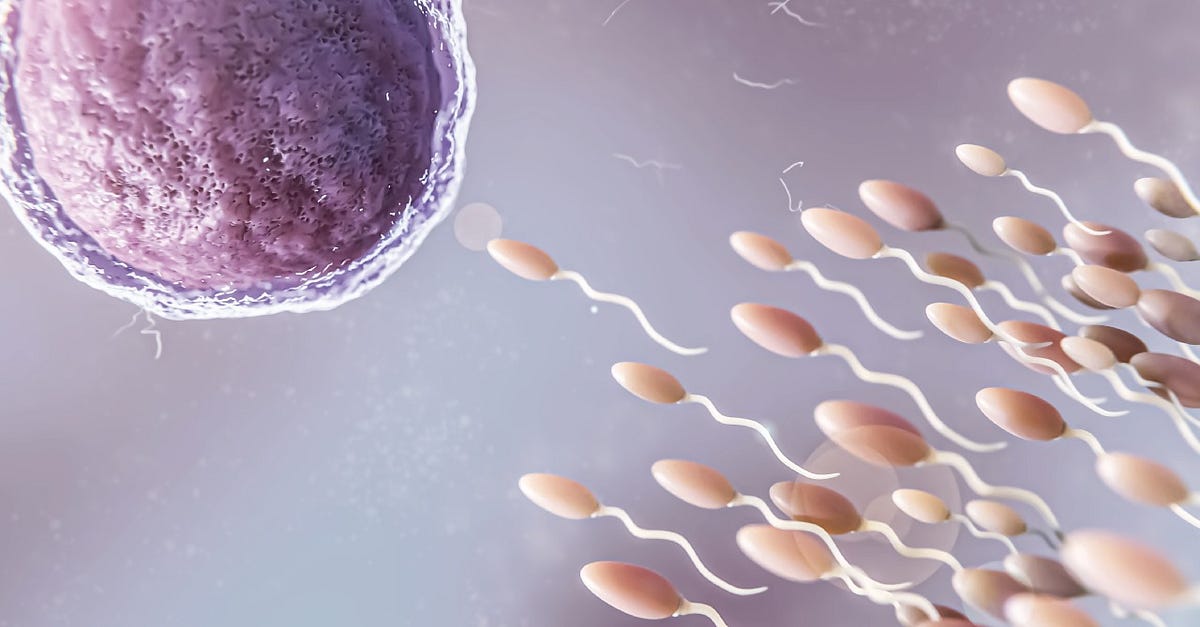Explore In Detail the Various Aspects of Infertility

A Comprehensive View of Infertility
A disorder of either the male or female reproductive system is infertility. The inability to become pregnant even after 12 months or more of consistent, unprotected sexual activity serves as another defining characteristic. Millions of people suffer with this illness, which negatively impacts their families and communities.
An estimated one in six individuals globally who are of reproductive age will at some point in their lives become infertile. The most prevalent causes of infertility in the male reproductive system include aberrant sperm shape and motility, low or absent sperm counts, and issues with semen ejection.
A disorder of either the male or female reproductive system is infertility. The inability to become pregnant even after 12 months or more of consistent, unprotected sexual activity serves as another defining characteristic. Millions of people suffer with this illness, which negatively impacts their families and communities.
An estimated one in six individuals globally who are of reproductive age will at some point in their lives become infertile. The most prevalent causes of infertility in the male reproductive system include aberrant sperm shape and motility, low or absent sperm counts, and issues with semen ejection.
Reasons For Infertility
Infertility in the female and male reproductive systems can result from a variety of causes. Sometimes, nevertheless, it is impossible to pinpoint the exact causes of infertility.
Female Reproductive System
Infertility in females may result from the following factors in the reproductive system:
- Tubal problems, such as blocked fallopian tubes brought on by untreated STIs, unsafe abortion complications, postpartum sepsis, or complications from pelvic or abdominal surgery
- Ovarian disorders, including polycystic ovarian syndrome and other follicular disorders; • Endocrine system disorders leading to imbalances in reproductive hormones; • Uterine disorders, which can be inflammatory (e.g., endometriosis), congenital (e.g., septate uterus), or benign (e.g., fibroids). The pituitary glands and the hypothalamus are parts of the endocrine system. Common conditions that impact this system include hypopituitarism and pituitary tumours.
Male Reproductive System
Infertility in the male reproductive system can result from:
- A reproductive tract obstruction that results in abnormalities in the ejection of semen. The tubes that convey semen, such as the seminal vesicles and ejaculatory ducts, may become clogged. Blockages are frequently caused by genital tract injuries or infections.
- - Hormonal problems resulting in anomalies in the hormones generated by the testicles, hypothalamus, and pituitary gland. The generation of sperm is regulated by hormones like testosterone. Testicular or pituitary tumours are two conditions that can cause an imbalance in hormones.
- - Failure of the testicles to create sperm, for instance as a result of varicoceles or medical interventions that damage the ability of the body to produce sperm (such as chemotherapy).
- - Aberrant sperm quality and function. Fertility is adversely affected by circumstances or events that result in aberrant sperm morphology and motility. Anabolic steroid use, for instance, might result in aberrant sperm parameters, like count and morphology.
- - Lifestyle choices including smoking, binge drinking, and being overweight can have an impact on fertility. Furthermore, gametes (eggs and sperm) can be directly poisoned by exposure to pollutants and chemicals in the environment, which can lead to a decline in their quantity and quality.
- I hope this information was useful to you. Today, infertility can be treated with a variety of procedures, including IVF.

Comments
Post a Comment